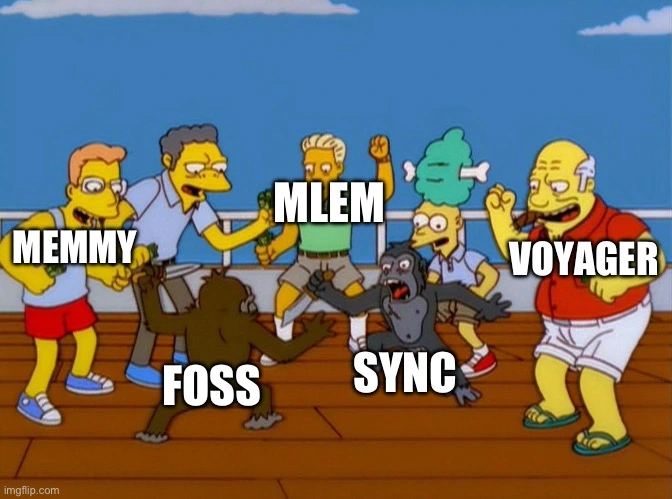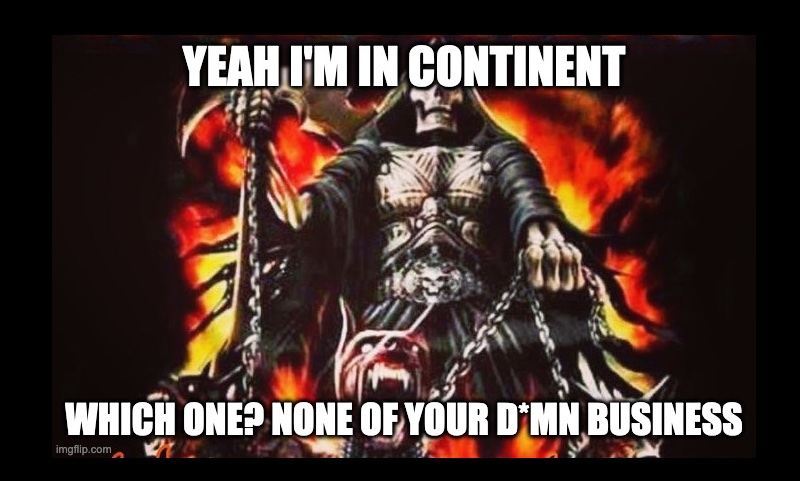U
I would implement two salary rules for baseball:
- A hard salary floor and cap. Super cheap teams like the current Rockies that are all but guaranteed to lose is a detriment to the competitiveness of the entire league, as are pay-to-win juggernauts
- No deferred money contracts. They’re bad for competitiveness (see the current Dodgers) and a bummer for fan bases when the time comes to pay out the deferred money and the team can’t afford a viable roster.
I’m curious what you identify as poorly made—I’m not a psychology researcher, but their methodology and statistical analysis seem basically credible.
Oh, fair enough
Yeah, that makes sense to me. I suppose I was imprecise in my original comment: the tells are obvious, but you do have to see them a couple times to learn what they are.
Personally I enjoy these process of learning the boss and figuring out its tricks, so the feints and timing mix-ups make the fight more enjoyable to beat because it adds depth and challenge to that process. I feel more like I’m fighting a smart opponent who will try to deceive me, and so eventually seeing through their tricks is a lot of fun.
I never said it was only semantically different, only that you were making a semantic argument: namely, citing the semantic distinction between copying and stealing as grounds for one being acceptable and the other not (“stealing” is wrong but I’m “copying”), ignoring that the injustice against the work’s creator is not pragmatically different. Practically speaking, the author is equally robbed whether you “copy” or “steal”; therefore, arguing that copying is not stealing obscures the heart of the matter behind a semantic distinction.
That’s a semantic point. The truth is that artists deserve to be paid for their work. Whether you “copy” or “steal”, you’re getting the work without paying the creator. That’s fundamentally shitty behavior.
Genuinely what’s with the hatred for delayed attacks? I see tons of people complaining about them but have never understood why. All the “delayed” attacks have consistent timings and pretty obvious tells, and many give you an opportunity to get some damage in before you dodge if you’re fast enough at reading them.
In case anybody’s curious, buses are generally much wider than cars (my local buses are 8’6”, compared to the 6’6” Honda Odyssey); their seats are also narrower and the walls thinner, which adds up to a lot of interior space.





I object to its inclusion because it cashes in on the lack of good black representation in modern media while perpetuating the very stereotypes it purportedly challenges. If this list wants to platform representation, it can do way better.